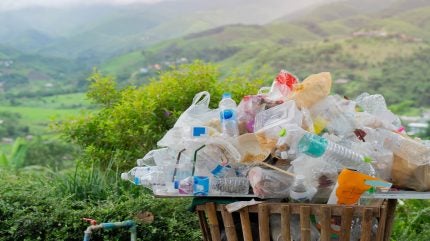
The provincial government of Bali in Indonesia has revealed its intentions to prohibit the production of small plastic packaging, often referred to as sachets, beginning in 2026.
The Jakarta Post has reported that this decision follows a previous ban on bottled water containers that hold less than one litre, aimed at addressing environmental concerns raised by activists.
Bali vice-governor I Nyoman Giri Prasta was quoted by detik.com as saying: “I support it fully. This has been through studies on the small-size sachets, whether it [the ban] will be decided this year or next year [in 2026].”
Giri Prasta has also indicated that the administration’s immediate focus remains on the bottled water ban, with potential future restrictions on other plastic packaging.
The vice-governor commended Bali governor Wayan Koster for his decision, suggesting it reflects a commitment to ensuring a sustainable environment for future generations.
Support for the initiative has also come from the Nusantara River Research Agency (BRUIN), which has encouraged the provincial government to broaden its scope beyond bottled water to encompass other types of plastic packaging.
BRUIN’s waste census coordinator Muhammad Kholif Basyaiban emphasised the importance of adhering to existing waste management legislation that mandates producer responsibility for waste disposal.
According to the National Waste Management Information System, Bali produced around 1.2 million tonnes of plastic waste in 2024.
Two companies have raised concerns about the unilateral implementation of the ban outlined in Bali Gubernatorial Circular No. 9/2025 regarding the Clean Bali Movement.
CV Tirta Taman Bali president director I Gde Wiradhitya Samuhata noted that the company plans to submit an official response to the Indonesian Bottled Water Association, advocating for a collaborative approach to environmental policy that prioritises waste management solutions.
Similarly, Nyoman Arta Widyana, president director of PT Tirta Mumbul Jaya Abadi, argued that the focus should not be limited to bottled water producers alone.







